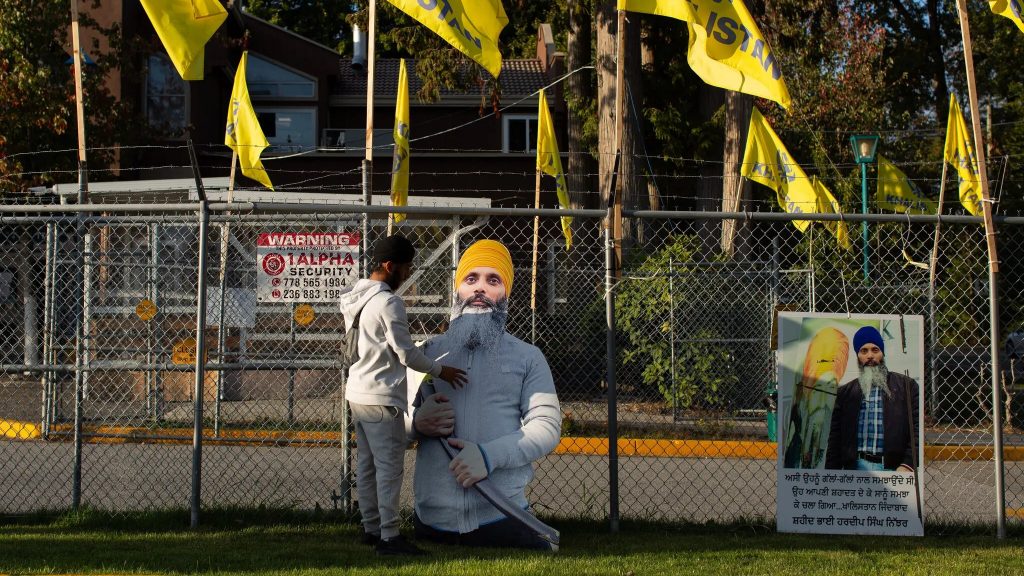Ottawa: Canadian authorities have arrested three persons in connection to the murder of Bhai Hardeep Singh Nijjar. Last June, Bhai Nijjar, a Sikh activist, was tragically assassinated in Canada. Prime Minister Justin Trudeau’s later assertion before the Canadian Parliament, implicating the Indian government in Nijjar’s killing. The arrests follow months of investigation into the high-profile case, which has drawn international attention and raised concerns about India’s transnational repression against Sikhs.
Contrary to Indian government propaganda, which attempts to link Sikh freedom movements with criminal elements, the arrests in the Nijjar case suggest a different narrative. Sources close to the investigation reveal that the arrested individuals are alleged associates of Lawrance Bishnoi gang. Gangster Lawrence Bishnoi, currently incarcerated in a jail in Gujarat state of India, from where he is believed to have been operating his gang.
As per the CBC, sources close to the investigation say that the arrested individuals are believed to be associated with a hit squad involved in Nijjar’s assassination. Roles within the squad ranged from shooters to drivers and spotters, with the fatal incident occurring at the Guru Nanak Sikh Gurdwara in Surrey.
The trio—identified as Kamalpreet Singh, Karanpreet Singh, and Karan Brar—now face first-degree murder and conspiracy charges, as outlined in documents filed in a Surrey court.
Reports from CBC News reveal that the suspects entered Canada on temporary visas post-2021, some holding student visas. Despite this, none of them are believed to have pursued educational endeavors during their stay, and none have obtained permanent residency status.
The assessination of Bhai Hardeep Singh Nijjar, coupled with a foiled assassination plot targeting Sikh activist Gurpatwant Singh Pannun in the USA, has shed light on concerns regarding India’s transnational repression tactics. Both Canada and the USA have emphasized the violation of their sovereignty through such actions and attempts.
As the investigation into Nijjar’s murder continues and legal proceedings unfold, questions surrounding the case’s complexities and its broader implications persist.
While the Ministry of External Affairs of India asserts that assassinations are not part of the government’s policy, Prime Minister Narendra Modi has been claiming responsibility for such acts on foreign soil during his elections rallies in India. He attributes these actions to his administration’s vision of a “new India,” adding that new India eliminates its adversaries even outside its borders.

